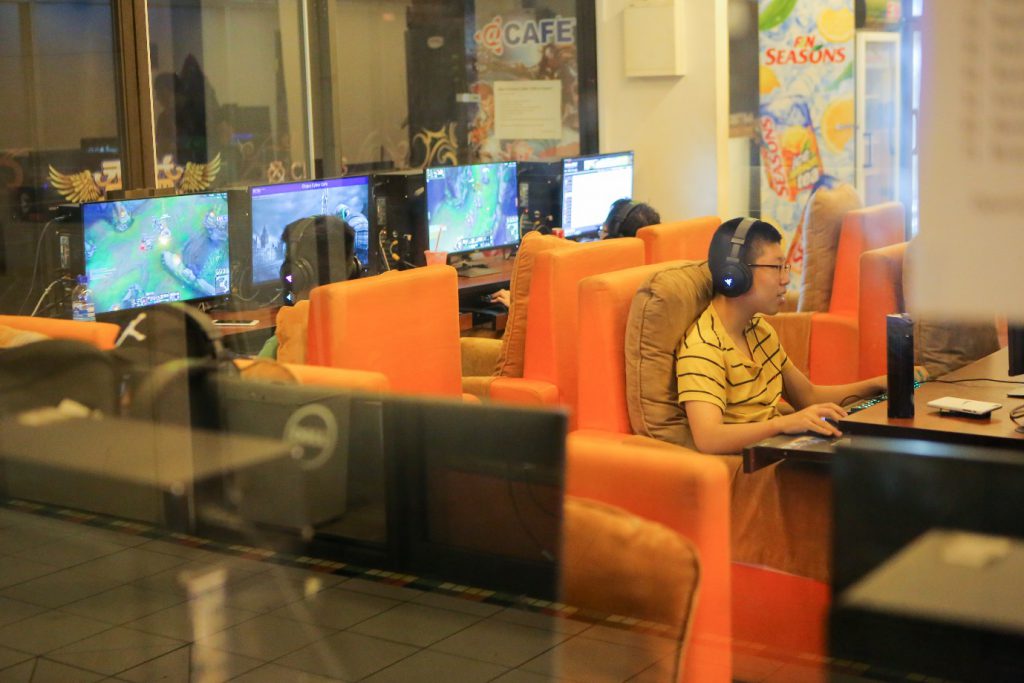Level Up! Refreshing Parental Mediation Theory for Our Digital Media Landscape
September 5, 2017

How can parents effectively guide their children’s video game play?
The September school holidays are a mixed blessing for students and parents. Providing a reprieve from the school routine, these holidays are considered ‘crunch-time’ for revision because they immediately precede year-end examinations. Hence, students try to balance the three ‘R’s – rest, recreation, and revision – and parents strive to support them.
As videogames become more popular among young Singaporeans, how do parents manage their children’s videogame play? Jiow, Lim, and Lin studied 41 parent-child pairs with children aged 12 to 17, to understand approaches parents take to mediate children’s game play. They found parents appreciate that children need a respite from academic pursuits, and recognise that children want to play videogames. They identified four kinds of activities parents undertake to guide children’s video game play: gatekeeping, discursive, investigative, and diversionary activities.
Gatekeeping activities refer to parents regulating children’s exposure to videogaming by imposing rules and restrictions. Discursive activities are dialogues that enable parents and children to share perspectives on various aspects of videogames, where parents air concerns while inculcating values and proffering advice on managing the negative aspects of videogames. Investigative activities refer to monitoring children’s game play, seeking more information about the benefits and adverse effects of games, and even playing with children to experience the games for themselves. Diversionary activities refers to parents’ efforts to steer children towards healthier, more beneficial alternatives including sports, tuition, and playing musical instruments.
The authors conclude that with the complexity of young people’s prevailing media landscape, parents must and do undertake a dynamic combination of these activities to effectively guide their children’s videogame play.
Read more here.
